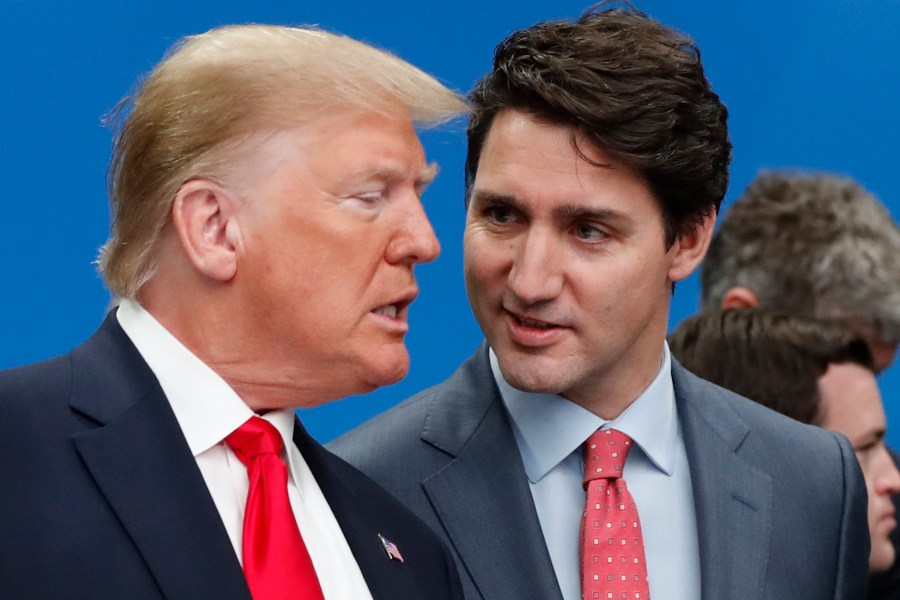body {
font-size: 16px;
}
Based on the latest news reports, the United States has paused planned tariffs on Canadian imports following a new border security agreement between the two countries. Here’s a breakdown of the key details:
What Happened
U.S. President Donald Trump has agreed to pause the implementation of 25% tariffs on Canadian imports that were set to take effect on February 4, 2025.
This decision comes after Canada and the U.S. reached a new border security agreement.
The Border Security Deal
Canada has agreed to enhance border security measures, including increased surveillance and patrols.
The deal aims to address U.S. concerns about illegal migration and drug trafficking across the Canada-U.S. border.
Background
Trump had threatened to impose tariffs on Canadian and Mexican imports, citing border security concerns.
The tariffs were initially announced as part of Trump’s broader trade and border security agenda upon taking office in January 2025.
Potential Impact
The pause on tariffs averts a potential trade conflict between the U.S. and Canada, its largest trading partner.
It prevents disruptions to supply chains and potential price increases for consumers in both countries.
Why It’s Important
This development demonstrates the interconnectedness of trade and security issues between the U.S. and Canada.
It highlights the importance of diplomatic negotiations in resolving international disputes.
Different Perspectives
Some view this as a diplomatic victory for Canada, showcasing its ability to negotiate with the U.S. administration.
Critics argue that the U.S. is using trade as leverage to influence border policies of its neighbors.
Broader Context
This situation is part of ongoing discussions about border security and trade relations in North America.
It reflects the complex dynamics of the Canada-U.S. relationship under the current U.S. administration.
The situation remains fluid, and further developments may occur as both countries work to implement the new border security measures and maintain their trade relationship.









